Aren't You Tired of Being Upset?
Meth might be your drug of choice, but it isn't your addiction.
You are addicted to drama.
You've accepted the role of Damsel in Distress.
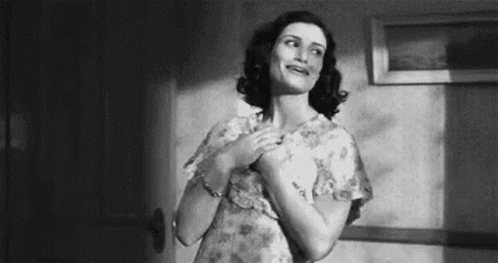
If you're not triggered, you feel bored.
If you're not craving, you feel stagnant.
If you're not in danger, you feel uncomfortable.
You've lived life in hypervigilance and grown accustomed to low-grade stress that keeps you on edge.
Anything calm, content, intimate, vulnerable, or normal dips your nervous system below your trigger baseline, and you have no idea how to process.
Anything that you interpret as negative in your life sends your already stimulated nervous system soaring, which becomes so overwhelming only drugs can soothe.
Your stress threshold is low. An event in your life that someone with a healthy baseline could handle easily sends you into rumination, catastrophizing, chaos, woe, and despair.
Guys, this is where recovery begins, not by quitting the substance but by recognizing how you interpret experience and process emotions.
First, shift the perspective of life experience and THEN regulate the corresponding emotions. Make that a practice and everything else falls into place.
If one skill is to be learned that will enable healthy perspective shifts, it is practicing Responding instead of Reacting.
Period.
Learn this only, and you'll be sober. You'll be happy. You'll be comfortable with stillness, contentment, and peace.
How can we practice responding instead of reacting? Keep reading 😄
Let's explore the crucial difference between responding and reacting and how understanding this can transform your recovery process.
Understanding Reaction
A reaction is an immediate, often emotional action triggered by an external event or internal thought. It's automatic, requiring little to no conscious thought. When we react:
- We act on impulse, driven by our emotions
- Our actions are often based on past experiences or fears
- We might say or do things we later regret
- We give away our power to external circumstances
In the context of recovery, a reaction might look like immediately reaching for a substance when faced with stress, lashing out at a loved one when feeling vulnerable, or isolating yourself when confronted with a challenge.
Understanding Response
A response, on the other hand, is a thoughtful, intentional action. It involves taking a moment to process the situation before deciding how to act. When we respond:
- We pause to assess the situation
- We consider the potential consequences of our actions
- We choose our behavior based on our values and goals
- We maintain control over our actions and emotions
In recovery, responding might involve using a coping strategy when faced with a craving, communicating calmly with a loved one during a disagreement, or reaching out for support when feeling overwhelmed.
How to Shift from Reacting to Responding
Developing the ability to respond rather than react takes practice, but it's a skill anyone can learn.
Here's the kicker, guys, just like any other part of your recovery, this is a practice that requires daily consistent action.
Practice Mindfulness: Regular mindfulness meditation can help you become more aware of your thoughts and emotions, making it easier to pause before acting.
Mindfulness is a practice that will enable you to control cravings, regulate emotions, and stop relapse in its tracks. And you can begin with one minute of thought-observation right now.
Use the STORAP Technique:
- Stop what you're doing
- Take a breath
- Observe your thoughts and feelings
- Repeat: "I am willing to see this differently."
- Allow for a perspective shift.
- Proceed with a thoughtful response
Identify Your Triggers: Understanding what situations or emotions tend to provoke reactions can help you prepare thoughtful responses in advance.
I offer a free tool for getting to the bottom of your emotional triggers. You can download it below. Triggers are grounded in your beliefs. Find the false belief about yourself and you've found the culprit of your addiction.
Create a Pause: Give yourself permission to take a moment before responding. It's okay to say, "I need a moment to think about that."
The Powerful Pause is so important when trying to refrain from meth relapse. Within that pause you can find your true self- the soul self- longing to be sober. Tap into him and you'll make the most aligned decision.
Practice Self-Compassion: Be kind to yourself as you learn this new skill. It takes time to change habitual reactions.
As addicts, we are so impatient. We want what we want and we want it now. The skills I'm referring to in this newsletter take time to develop. You are creating a new way of living.
The journey from reaction to response is a powerful tool in recovery. It puts you back in the driver's seat of your life, allowing you to navigate challenges with intention and align your actions with your recovery goals.
Remember, every time you choose to respond rather than react, you're strengthening your recovery and building a more resilient, fulfilling life.
As you move forward, challenge yourself to pause and respond in situations where you would typically react.
With practice, you'll find yourself making choices that support your well-being and bring you closer to the life you envision in recovery.
As always, reach out to me if you would like support.
Dallas 💚
October 21, 2024
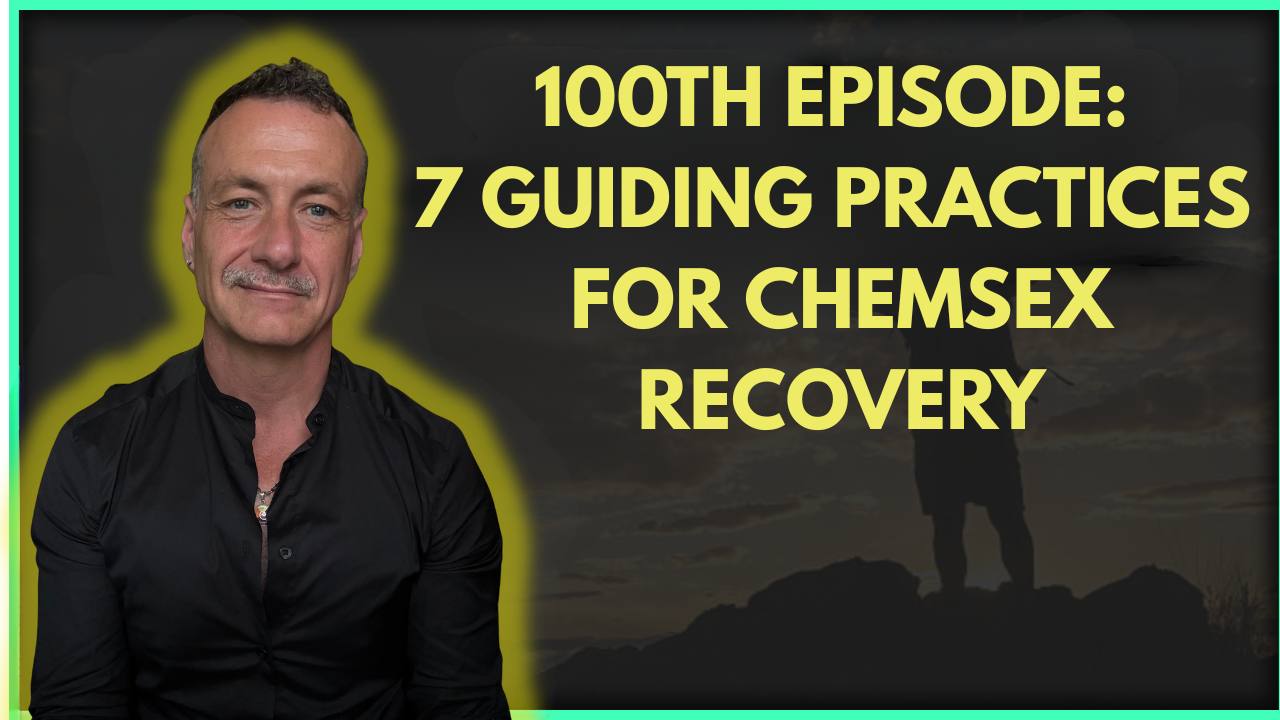
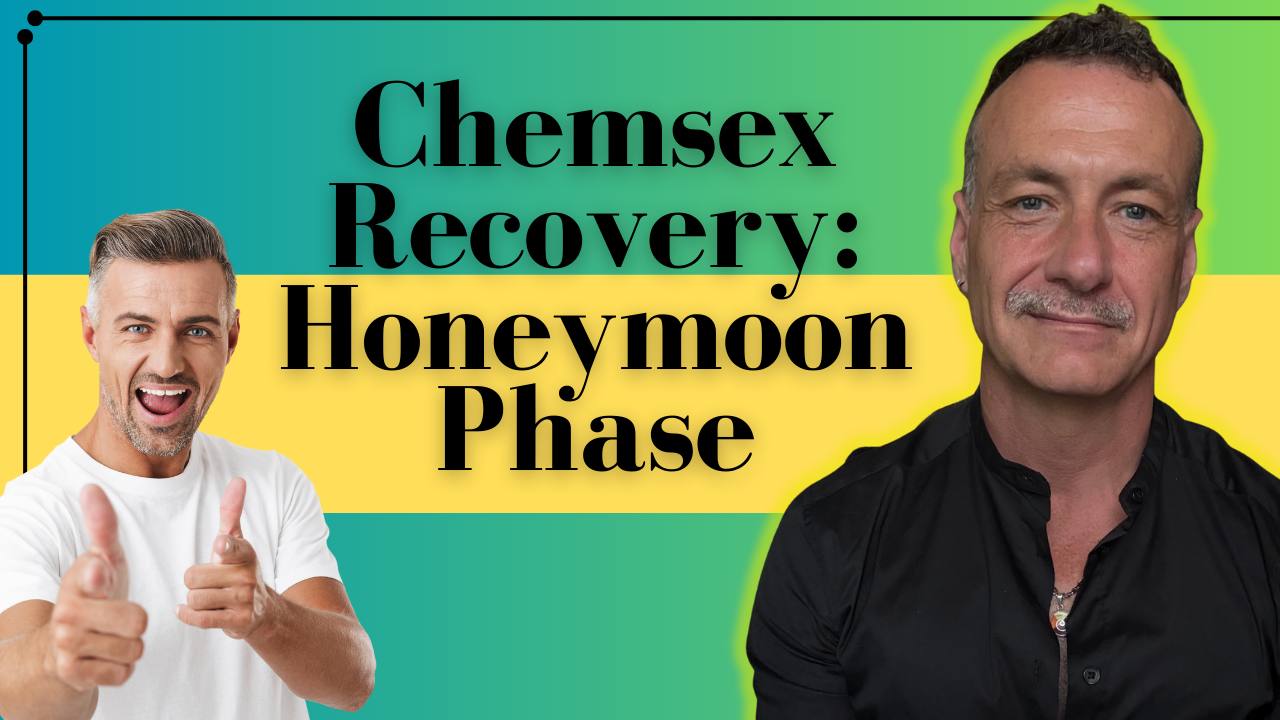
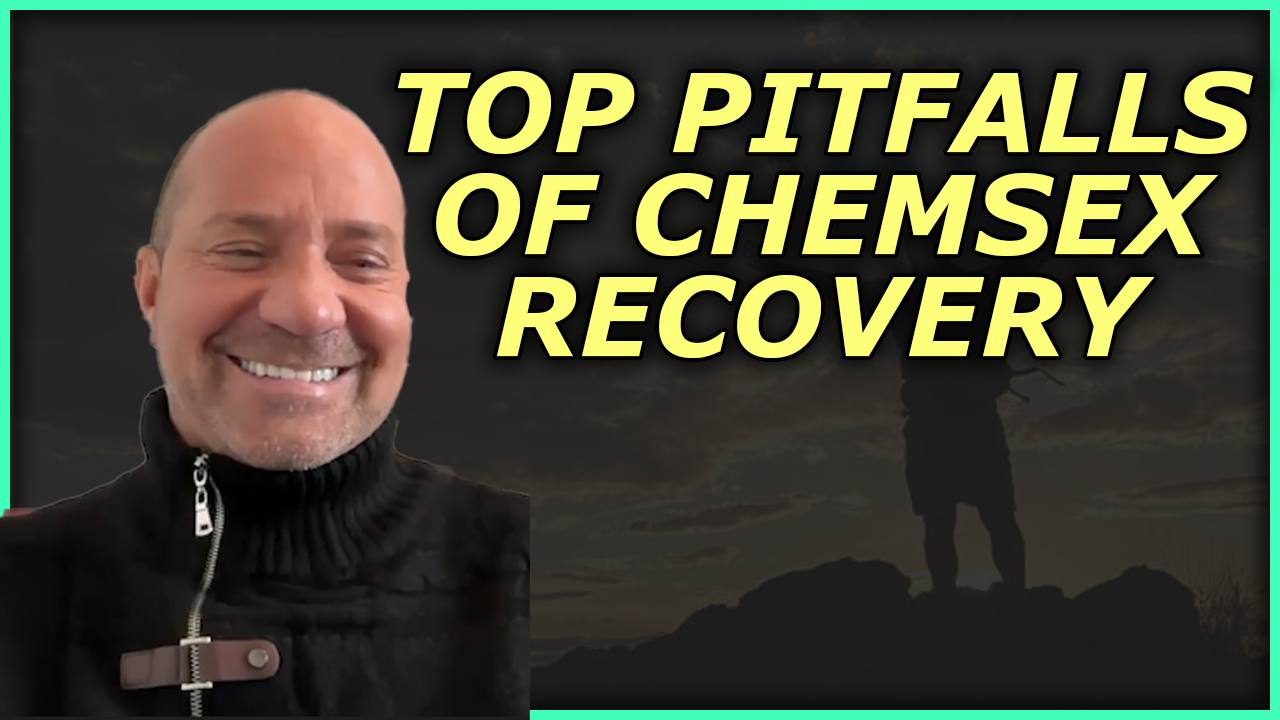
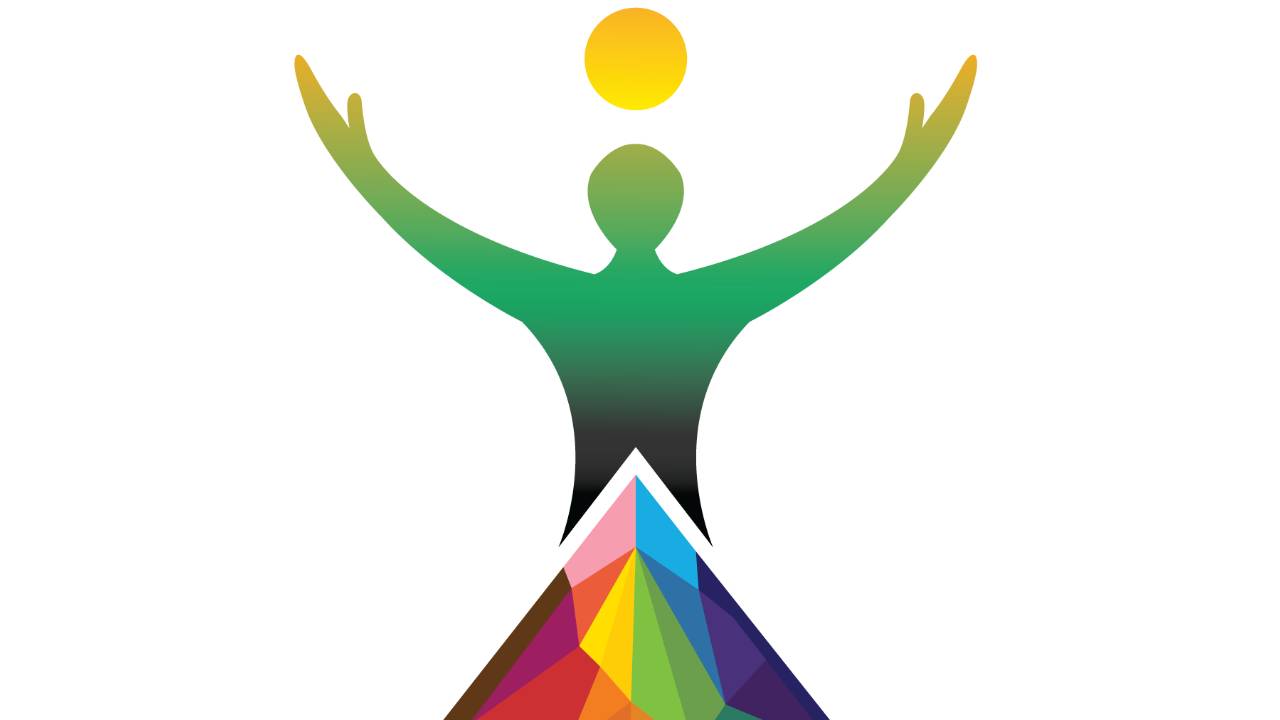
Responses